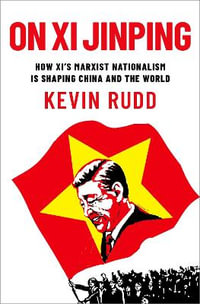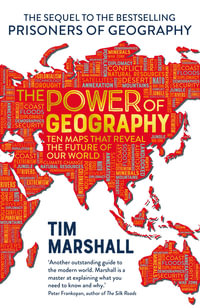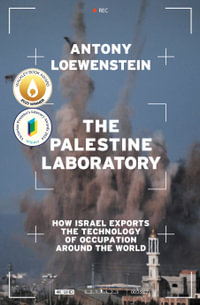
Impossible Peace
Israel/Palestine Since 1989
By: Mark Levine, Nicholas Guyatt (Editor)
Paperback | 15 December 2008 | Edition Number 1
At a Glance
Paperback
RRP $61.99
$50.75
18%OFF
Aims to ship in 25 to 30 business days
ISBN: 9781842777695
ISBN-10: 1842777696
Series: Global History of the Present
Published: 15th December 2008
Format: Paperback
Language: English
Number of Pages: 240
Audience: College, Tertiary and University
Publisher: BLOOMSBURY 3PL
Country of Publication: GB
Edition Number: 1
Dimensions (cm): 21.44 x 14.12 x 1.35
Weight (kg): 0.31
Shipping
| Standard Shipping | Express Shipping | |
|---|---|---|
| Metro postcodes: | $9.99 | $14.95 |
| Regional postcodes: | $9.99 | $14.95 |
| Rural postcodes: | $9.99 | $14.95 |
How to return your order
At Booktopia, we offer hassle-free returns in accordance with our returns policy. If you wish to return an item, please get in touch with Booktopia Customer Care.
Additional postage charges may be applicable.
Defective items
If there is a problem with any of the items received for your order then the Booktopia Customer Care team is ready to assist you.
For more info please visit our Help Centre.
You Can Find This Book In
This product is categorised by
- Non-FictionPolitics & GovernmentInternational Relations
- Non-FictionHistoryRegional & National HistoryAsian HistoryMiddle Eastern History
- Non-FictionPolitics & GovernmentPolitical ActivismArmed Conflicts
- Non-FictionHistoryEarliest Times to Present Day20th Century History from 1900 to 2000Post War 20th Century History after 1945
- Non-FictionReference, Information & Interdisciplinary SubjectsInterdisciplinary StudiesPeace Studies & Conflict Resolution























